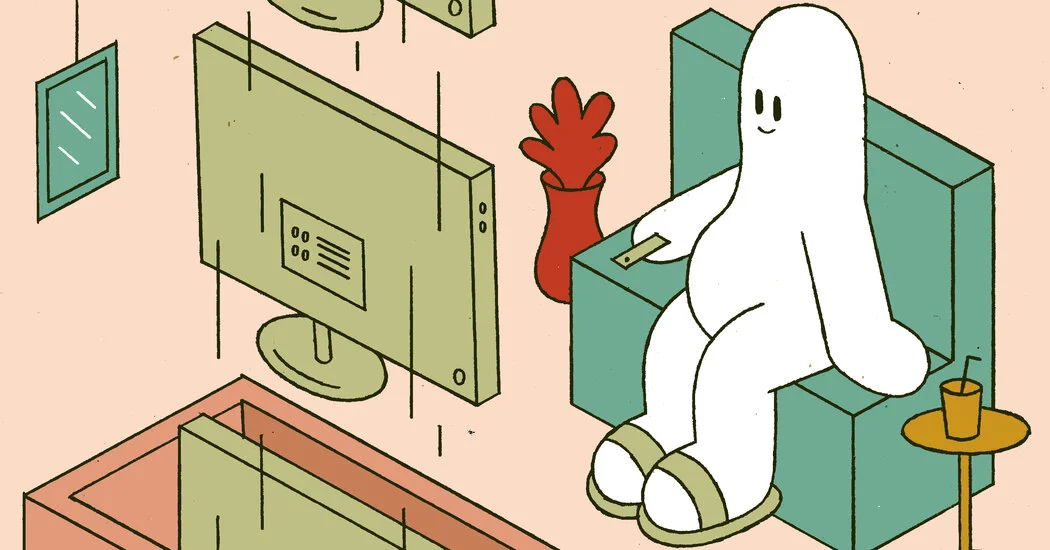Americans’ new TV habit: Subscribe. Watch. Cancel. Repeat.
Americans’ new TV habit: Subscribe. Watch. Cancel. Repeat.

Americans’ New TV Habit: Subscribe. Watch. Cancel. Repeat.

Many more people are jumping from one streaming subscription to another, a behavior that could have big implications for the entertainment industry.
…
Americans are getting increasingly impulsive about hitting the cancellation button on their streaming services. More than 29 million — about a quarter of domestic paying streaming subscribers — have canceled three or more services over the last two years, according to Antenna, a subscription research firm. And the numbers are rising fast.
The data suggests a sharp shift in consumer behavior — far from the cable era, when viewers largely stuck with a single provider, as well as the early days of the so-called streaming wars, when people kept adding services without culling or jumping around.
Among these nomadic subscribers, some are taking advantage of how easy it is, with a monthly contract and simple click of a button, to hopscotch from one service to the next. Indeed, these users can be fickle — a third of them resubscribe to the canceled service within six months, according to Antenna’s research.
“In three years, this went from a very niche behavior to an absolute mainstream part of the market,” said Jonathan Carson, the chief executive of Antenna.